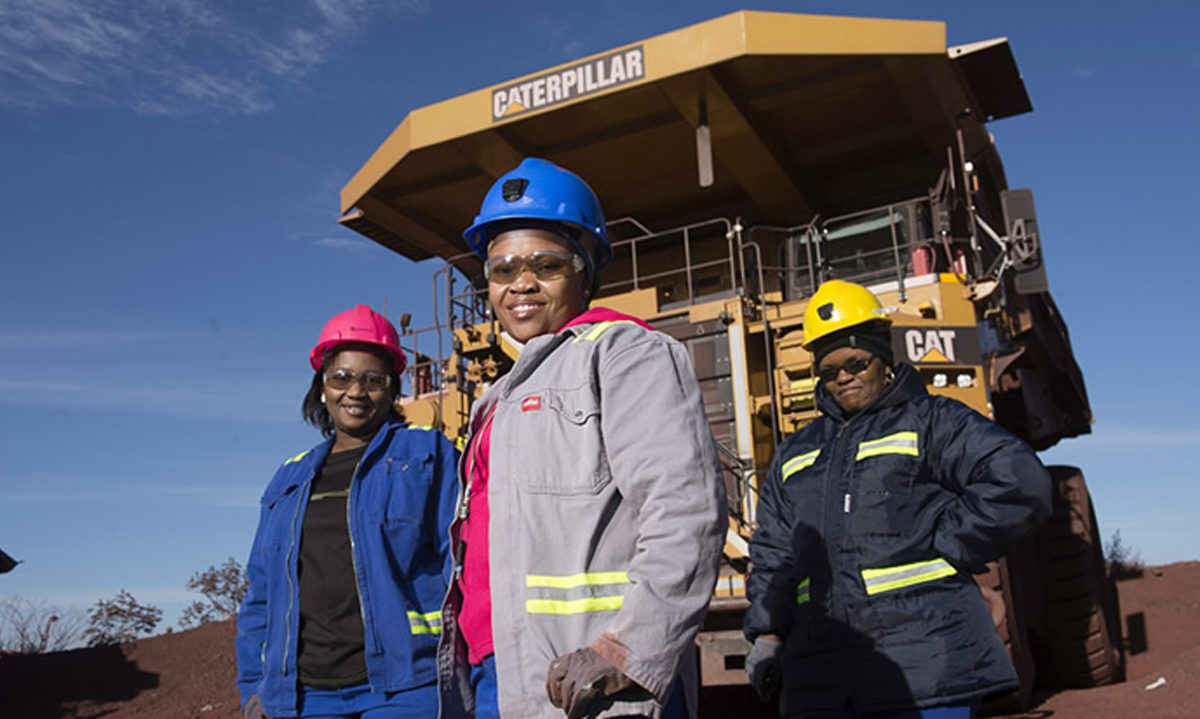
Gender inequality is forcing African women to face the storm
- GenderInternational News
- No Comment
- 450
Women are disproportionately impacted by climate change due to gender inequalities and gender roles and responsibilities. They are 14 times more likely than men to die in a climate catastrophe and make up 80% of people displaced due to climate change.
The international community has made strides in recognising that climate action must consider gender equality. But this year’s United Nations Climate Change Conference (COP27) was another missed opportunity to advance meaningful gender participation.
Despite bearing the brunt of climate change effects, women comprised less than 34% of the COP27 negotiating teams. Of the 110 heads of state attending, only eight were women. At COP26 in 2021, women comprised 38% of delegates (the highest yet) but accounted for only 24% of the speaking time. While a Gender Action Plan was discussed at COP27, the final text was watered down, lacked proper resourcing and continued to leave women and girls on the margins.
Climate change exacerbates vulnerabilities and exposes underlying discrimination. Gender inequality makes women and lesbians, gay people, bisexual people and transgender people more vulnerable to climate change impacts.
There are three interconnected ways in which climate change affects women disproportionately. First, it adds to household burdens, threatens economic opportunities and increases health risks for women. Second, women often don’t own land and third, they have declining water access.
Gender inequality causes women to be poorer, have less education and face more health risks than men. Labour markets are heavily gender-segregated, and women are employed primarily in low-paying and insecure occupations. They carry a disproportionate unpaid work burden and rely more on natural resources and climate-sensitive sectors for their livelihoods than men.
In Sub-Saharan Africa, women are responsible for 80% of food production, and more than 60% of all employed women work in agriculture. Despite their essential roles, women are less likely to own land or other productive assets. They typically access land through male relatives as labourers. Giving women land rights would significantly reduce the risk of displacement and increase crop productivity. And landowners are more likely to invest in improvement and have access to credit.
Approximately 250 million Africans live under extreme water stress. Women are most affected because water access is core to daily household labour, including cooking, washing and caring for the ill, children and elderly.
Globally, women and girls spend almost 200 million hours collecting water each day. In water-scarce situations, they must travel further, which restricts their access to education, livelihoods and safety. Women and girls have been exposed to sexual violence while walking long distances to access water, firewood or other fuels.



